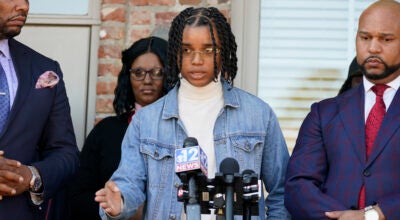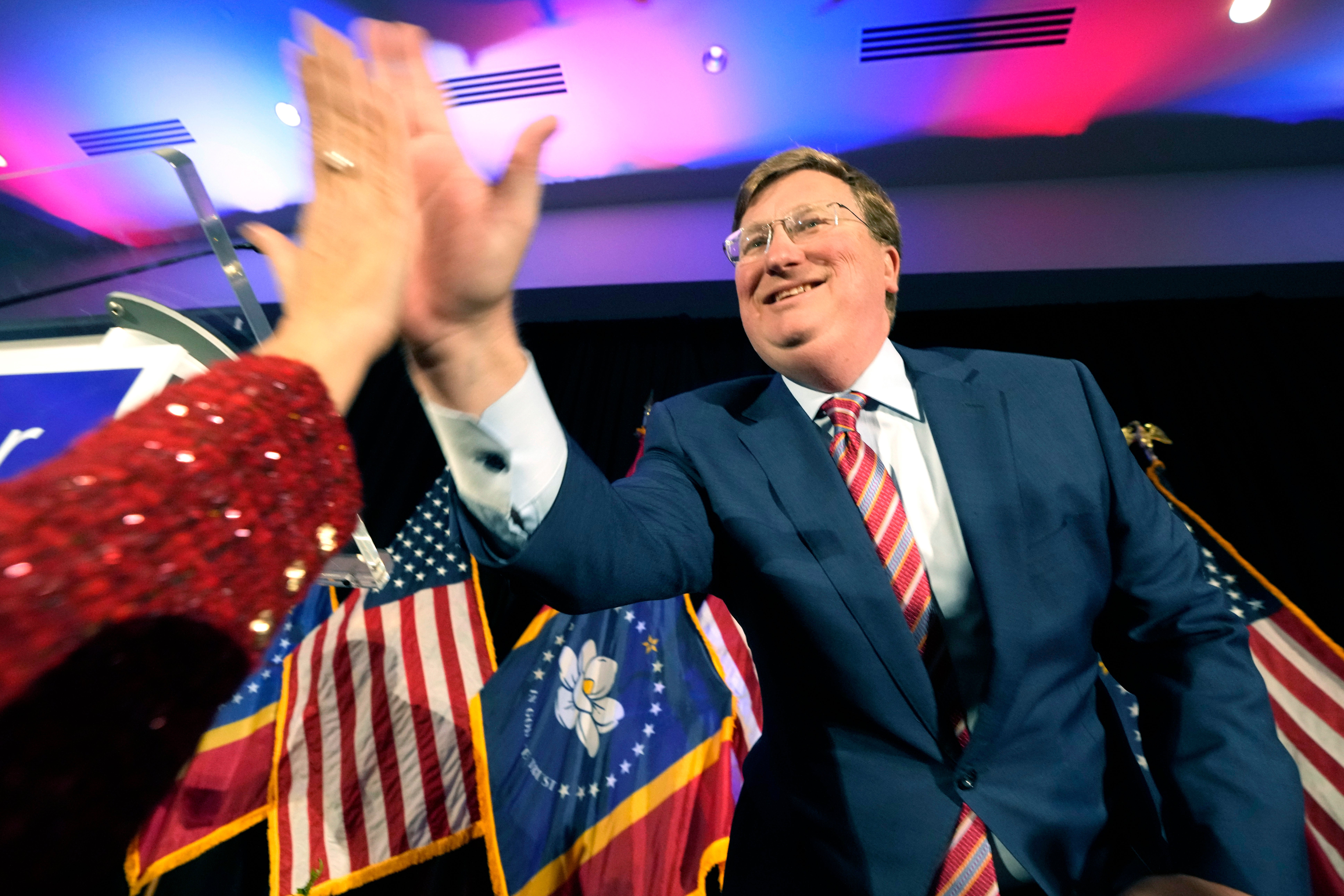#MeToo crisis jolts Southern Baptists ahead of key gathering
Published 11:10 am Monday, June 11, 2018
DALLAS — The Southern Baptists are facing their own #MeToo crisis as the biggest Protestant denomination in the U.S. heads into its annual meeting next week.
A series of sexual misconduct cases has prompted the Southern Baptist Convention’s socially conservative, all-male leadership to seek forgiveness for the ill treatment of women and vow to combat it. Hoping for more than rhetoric, women and some male allies plan a protest rally in Dallas when the two-day meeting opens on Tuesday.
“The past two months have been tough for our convention,” SBC President Steve Gaines wrote this week. “I believe God has allowed all of this to happen to drive us to our knees.”
Illustrating the SBC’s predicament, the central figure in the most prominent of the #MeToo cases, Paige Patterson, had been scheduled to deliver the featured sermon at the gathering. However, Patterson withdrew from that role Friday, heeding a request from Gaines and other leaders.
Patterson was recently dismissed as president of Southwestern Baptist Theological Seminary in Texas because of his response to two rape allegations made years apart by students.
In a 2015 case, according to the seminary’s board chairman, Patterson told a campus security official that he wanted to meet alone with a student who had reported being raped, to “break her down.”
Patterson also was accused of making improper remarks about a teenage girl’s body and contending that abused women should almost always stay with their husbands.
Baptist Press, the SBC’s official news service, has reported on other cases, including the resignations of one seminary professor who acknowledged “a personal moral failing” and another who cited “personal and spiritual issues.”
SBC leaders say there are many more cases — adding up to a humiliating debacle for the 15.2-million-member denomination.
“The avalanche of sexual misconduct that has come to light in recent weeks is almost too much to bear,” wrote the Rev. Albert Mohler, president of the Southern Baptist Theological Seminary, in a recent blog post . “These grievous revelations of sin have occurred in churches, in denominational ministries, and even in our seminaries.”
Mohler acknowledged that the crisis might raise questions about the SBC’s doctrine of “complementarianism” — which espouses male leadership in the home and in the church and says a wife “is to submit herself graciously to the servant leadership of her husband.”
Mohler said the SBC will not abandon the doctrine. But “we need to realize there are unbiblical and toxic forms of complementarianism,” he said. “We should be honoring women, not abusing them.”
The Rev. Russell Moore, president of the SBC’s public policy arm, the Ethics & Religious Liberty Commission, said the #MeToo moment would not trigger a move to ordain women as ministers
“There is, though, a great deal of conversation about how women can have a greater voice in decision-making,” he said, suggesting that more women could serve as trustees of seminaries and other institutions.
Moore and Mohler are among dozens of SBC leaders who have co-signed a resolution that will be submitted for approval in Dallas. It calls on the SBC to repudiate any rhetoric or behavior that dishonors women, and denounces those who commit or cover up such actions. It also urges congregations and ministers to abide by all reporting laws.
The resolution’s author, Midwestern Seminary president Jason Allen, bristled at the notion that wives should endure abuse to save their marriages.
“We can work against our matrimony-shattering ‘no-fault’ divorce culture and shore up marriages,” he wrote. “But this needed work never means asking women to suffer abuse.”
The draft resolution received a mixed review from Ashley Easter, a writer and speaker from Raleigh, North Carolina, who is an advocate for victims of abuse and an organizer of Tuesday’s planned protest rally.
She and the others want the SBC to create a database of clergy sex offenders and require all pastors and seminarians to undergo training on how to address domestic abuse and sexual assault.
Easter said she wishes the SBC would change its doctrine about gender roles but doubts that is imminent.
“When you have a patriarchal theology, with one person in power and control of the other, some will use that theology to abuse,” she said. “It’s unsafe for women not to be in an equal place.”
A rally organizer, Texas-based author and speaker Mary DeMuth, commended the draft resolution but expressed dismay that women were given minimal speaking time at the two-day SBC meeting. She said she wishes for an SBC in which women “are no longer dismissed, stereotyped or relegated to subcommittees.”
At least one of the scheduled speakers at the rally is a man. Wade Burleson, an author and lead pastor of Emmanuel Enid church in Enid, Oklahoma, is critical of the way many of his fellow ministers restrict women’s roles in the church.
“I believe they are misinterpreting the Scriptures big time,” he tweeted recently. “I also believe change is coming soon in the SBC to reflect a more biblical approach toward women. The Southern Baptist Convention may even have a female President sooner rather than later.”
___
Follow David Crary on Twitter: https://twitter.com/CraryAP




